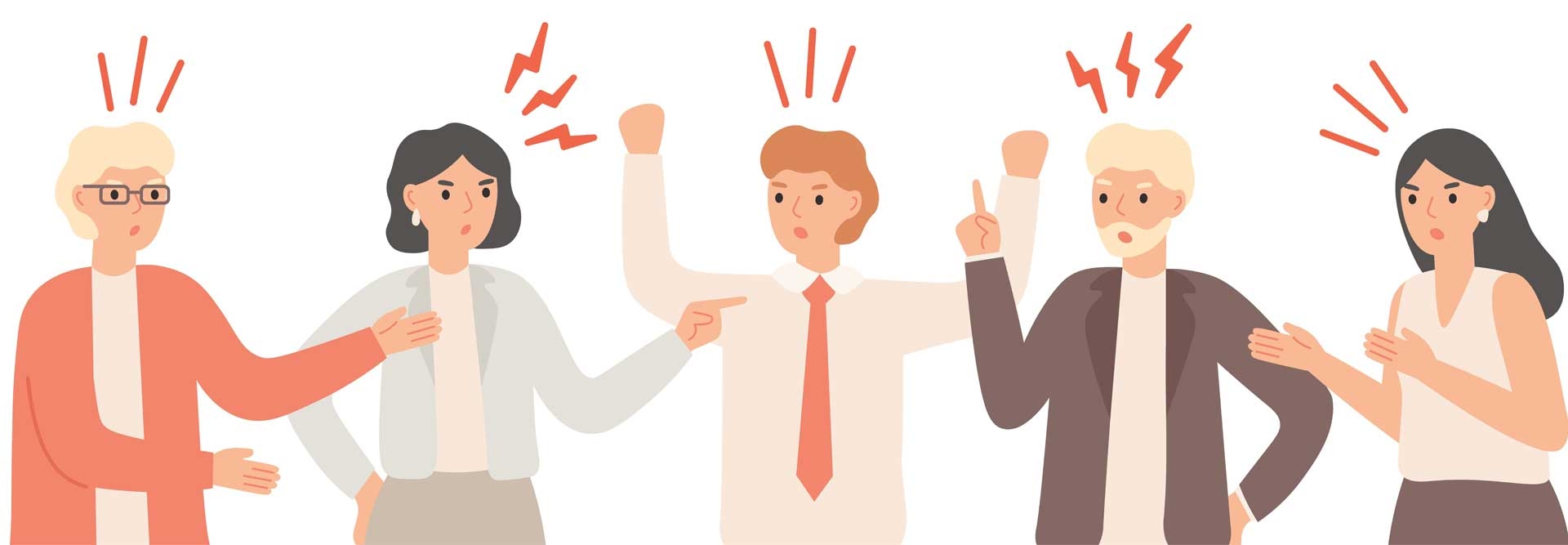Are a helper or are you an enabler?
Do you feel you are being taken for granted by your family and friends?
Helpers assist people to help and heal themselves. Enablers create and allow situations for another person to behave and live in an irresponsible manner.
The enabler may not intentionally realise, that they are enabling the other person to continue with patterns of behaviour which, at the very least may be self-destructive.
If you are now feeling tired and fed up, and you feel that you have been taken for granted, by other family members, friends, or work colleagues, it might be worth taking a long hard look at what may have created or led to this present situation.
Now is the time to take a good look at your own actions, and ask yourself if you have been genuinely helping these people or have you been enabling them, by taking on their responsibilities along with your own.
Helpers assist people to help and heal themselves. Enablers create and allow situations for another person to behave and live in an irresponsible manner.
The enabler may not intentionally realise, that they are enabling the other person to continue with patterns of behaviour which, at the very least may be self-destructive.
If you are now feeling tired and fed up, and you feel that you have been taken for granted, by other family members, friends, or work colleagues, it might be worth taking a long hard look at what may have created or led to this present situation.
Now is the time to take a good look at your own actions, and ask yourself if you have been genuinely helping these people or have you been enabling them, by taking on their responsibilities along with your own.
Enablers do not help others.
Enablers deprive other people of important experiences and learnings in life.
- Do you sometimes feel that the more you do for people, the more they expect from you?
- Are you at your wits end because you have committed yourself to taking on more than you can handle?
- Do you really want to take on more additional work or responsibility and maybe over-load yourself completely?
- Do you ever find when there is a crisis; you are the first to be called upon to sort out other people’s domestic, emotional or financial problems?
- Do you enable work colleagues or friends by constantly covering up for them or making excuses for their negligence or irresponsible behaviour?
- Do you really want to continue covering-up for some other person, denying them the opportunity for them to learn how to be responsible for their own behaviour and their own life?
- Do you enable your children by constantly cleaning up after them? By enabling them, you are not allowing them to take responsibility for the consequences of their own actions, and their lack of organisation?
- If you continue enabling them, then how will they cope when the time comes, when they may have to survive on their own, and you are no longer there to help or enable them?
- Do you allow your children to overspend and live beyond their means, by providing them with money every time they run short of money? If so, how can your children learn the repercussions of overspending.
- Do you have difficulty saying “no” to others regardless of your own circumstances?
As an enabler what do you need to learn?
You can enable someone by not allowing them, to take responsibility for their own financial situation.
You can enable someone by allowing them to over-spend, or continue with their extravagant lifestyle at your expense. You can enable them to do this, by continually paying off their debts when they overspend, or loaning them money without question, on a regular basis.
You can enable partners, friends or work colleagues by lying or covering up for them, or not disclosing the real reason why they have not fulfilled their work commitments, or family commitments.
You can enable someone by allowing them to over-spend, or continue with their extravagant lifestyle at your expense. You can enable them to do this, by continually paying off their debts when they overspend, or loaning them money without question, on a regular basis.
You can enable partners, friends or work colleagues by lying or covering up for them, or not disclosing the real reason why they have not fulfilled their work commitments, or family commitments.
What can you do now?
The first thing you need to learn is when to say “no.”
Be guided by how you are now feeling, and your intuition based on what you have experienced up to now from similar situations or circumstances before committing to any additional pressures in your life. This can be a difficult decision to make initially.
You may have had a lifetime of agreeing and saying ‘yes’ to everybody’s else’s request, and had difficulty being able to say “no.”
Be guided by how you are now feeling, and your intuition based on what you have experienced up to now from similar situations or circumstances before committing to any additional pressures in your life. This can be a difficult decision to make initially.
You may have had a lifetime of agreeing and saying ‘yes’ to everybody’s else’s request, and had difficulty being able to say “no.”
Are you enabling someone because it makes you feel good?
Its vitally important to be able to see the difference between helping someone and enabling them.
You may need to ask yourself if you are trying to help this person, or are you enabling this person, by not allowing them to take responsibility for their own lives.
Enablers sometimes believe they are good, caring people, but very often they have a vested interest in what they are doing. Is there a fear that if you say ‘NO’ they may no longer have a need for you?
You may need to ask yourself if you are trying to help this person, or are you enabling this person, by not allowing them to take responsibility for their own lives.
Enablers sometimes believe they are good, caring people, but very often they have a vested interest in what they are doing. Is there a fear that if you say ‘NO’ they may no longer have a need for you?
As a helper you can empower others
When you help someone to learn, you empower them to take responsibility for their own actions and their own life
When you enable someone in any way, although your actions may be well intended at the time, you are in fact dis-empowering them.
When you enable someone, you can dis-empower them and deprive them of the learnings necessary for a healthy and happy life.
On the other hand, you may also need to ask the question, if other people have been enabling you in some way. Do you feel other people are enabling you, by continually sorting out your financial, domestic and emotional problems, and in doing so they may be depriving you of many of your life’s learnings and experiences?
For more self healing, self help and self care guidance and information check out our training courses including the self healing online course, which includes “Be Your Own Therapist” the 360-page best-selling e-book on self-development and guidance providing you with a great starting point for self healing, self-assessment and direction. LEARN HOW YOU CAN TAKE BETTER CARE OF YOU. BE HEALTHY. FEEL GOOD.
When you enable someone in any way, although your actions may be well intended at the time, you are in fact dis-empowering them.
When you enable someone, you can dis-empower them and deprive them of the learnings necessary for a healthy and happy life.
On the other hand, you may also need to ask the question, if other people have been enabling you in some way. Do you feel other people are enabling you, by continually sorting out your financial, domestic and emotional problems, and in doing so they may be depriving you of many of your life’s learnings and experiences?
For more self healing, self help and self care guidance and information check out our training courses including the self healing online course, which includes “Be Your Own Therapist” the 360-page best-selling e-book on self-development and guidance providing you with a great starting point for self healing, self-assessment and direction. LEARN HOW YOU CAN TAKE BETTER CARE OF YOU. BE HEALTHY. FEEL GOOD.

Register today and start your self-healing journey straight away!


